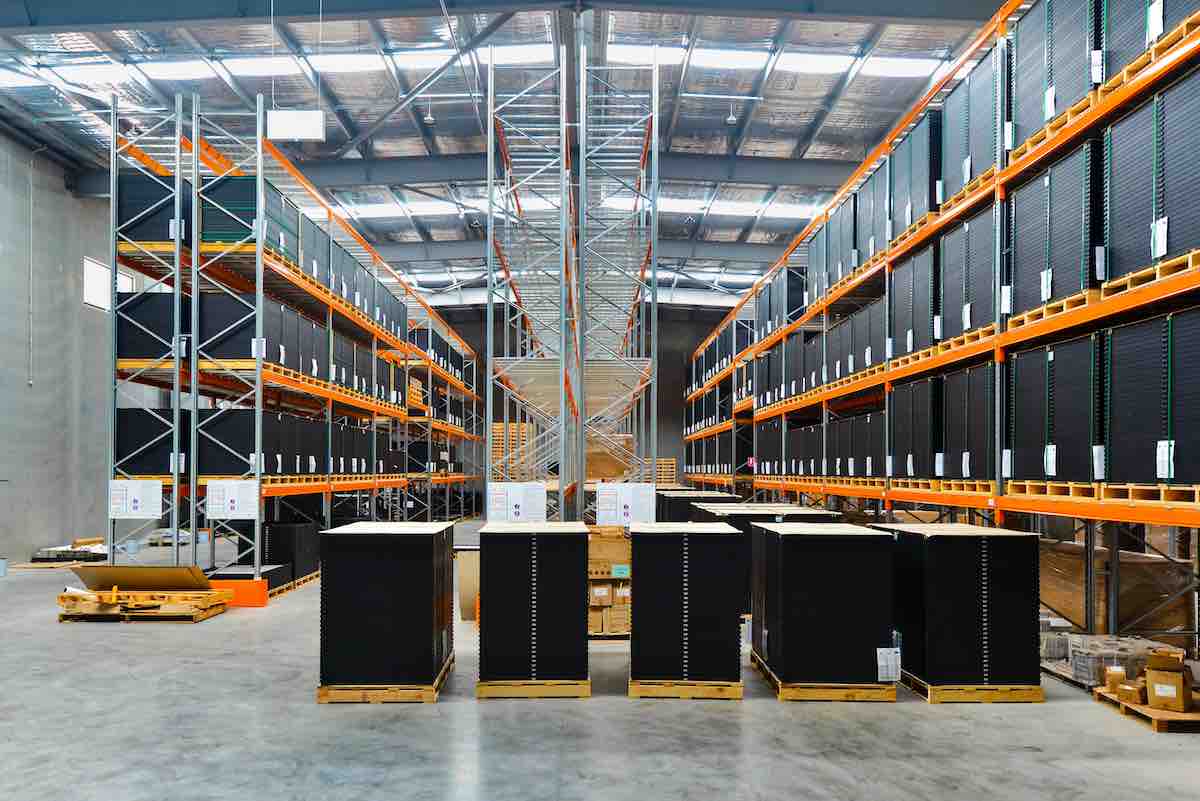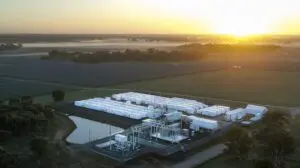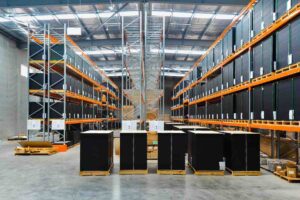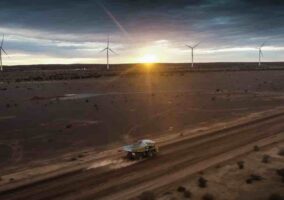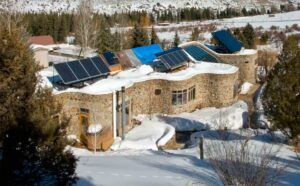Many clean energy advocates want to focus on electrifying homes but Australians need to consider how their emissions-intensive economy makes products, a leading public financier says.
Darren Miller, CEO of the Australian Renewable Energy Agency, said on Wednesday that progress in the industrial sector is critical to reducing carbon emissions by 43 per cent by 2030 and to net zero by 2050.
“If we don’t act quickly to address industrial emissions, we risk not achieving our climate targets,” he told the All-Energy Australia Conference in Melbourne.
“Looking beyond our homes, our vehicles and our electricity system and focusing on industrial emissions is really, really important.
“Depending on where you draw the boundary, industry is responsible for around 30 per cent of our domestic emissions. And it’s not making nearly as much progress as we would all like.”
This includes a range of sectors from the heaviest emitters in coal and gas mining and energy intensive refining processes such as alumina through to food and beverage manufacturing.
Mr Miller said many working in these industries would prefer cheaper coal, gas and petroleum products and for their operations to otherwise remain largely unchanged.
“After all, change is hard and costly and comes with risk,” he said.
“(But) the world is changing rapidly and highly carbon-intensive businesses have no long term future unless they make the change to renewables.”
Rooftop solar, electric heating and electric vehicles are proven technologies that can make lives better and can cost consumers less in the long run.
However, Mr Miller said solar panels consist of highly refined silicon, glass, aluminium and silver. Cars are made of steel, copper and plastics, and batteries require lithium and a host of exotic materials.
“So we actually need to consider how all of these new clean technologies are made,” he said.
“All of these things come from the industrial sector – from mining, refining, manufacturing and transportation.
“The reality is none of our new clean technologies like solar batteries and EVs and heat pumps are truly green unless the whole upstream supply chain is also green.”
Earlier, Kristin Tilley, Australia’s Ambassador for Climate Change, said decarbonisation will be a key focus of the COP28 climate talks set to begin in five weeks.
“Australia’s clean energy exports can have a substantial impact on the global emissions trajectory,” she said.
Under federal Labor, climate action is a priority in building energy transition supply chains with the United States and trusted trading partners in the Indo-Pacific.
The US-led Indo-Pacific Economic Framework of 14 countries aims to boost trade and mobilise clean energy investment, with announcements due in coming weeks, Ms Tilley said.
As a world-leader in roof-top solar, Australia’s expertise in managing so-called distributed energy resources has also grown.
There is “strong potential” to share these skills internationally, particularly in Southeast Asia, she said.
AAP

